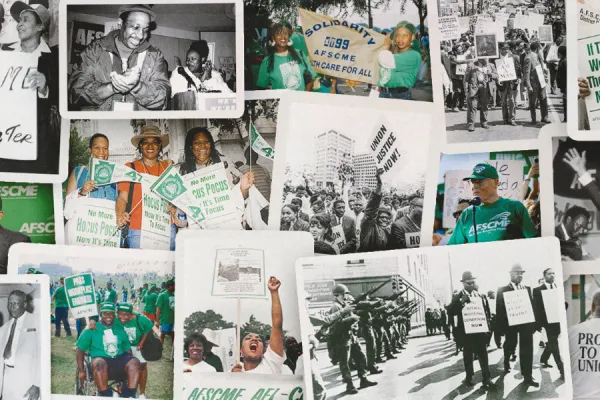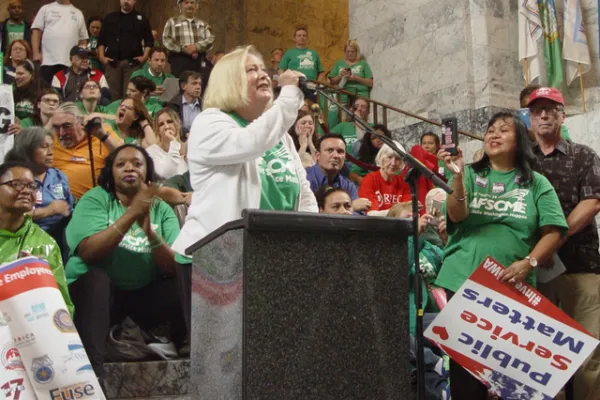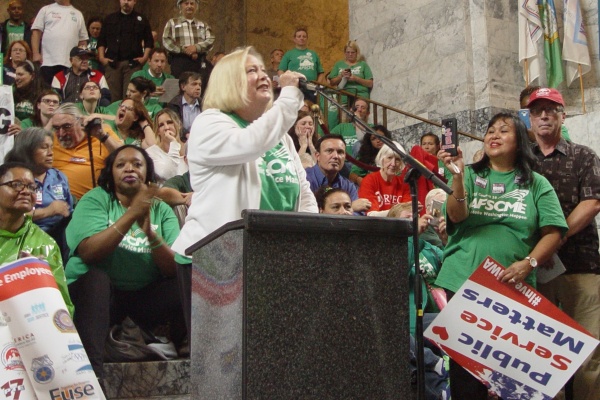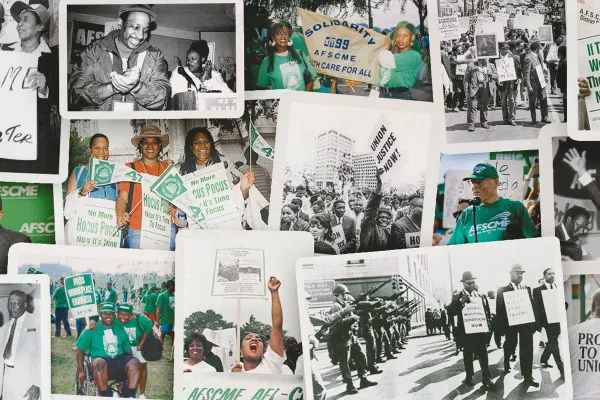News
Lobby for 2026 Worker Priorities — Help Win a Washington for All!
WFSE Celebrates a Century of Black History Month
Remembering Sue Henricksen
What a Century of Black History Month Teaches Us About Today’s Fight for Working People
Big Win for Support Staff – with Back Pay






